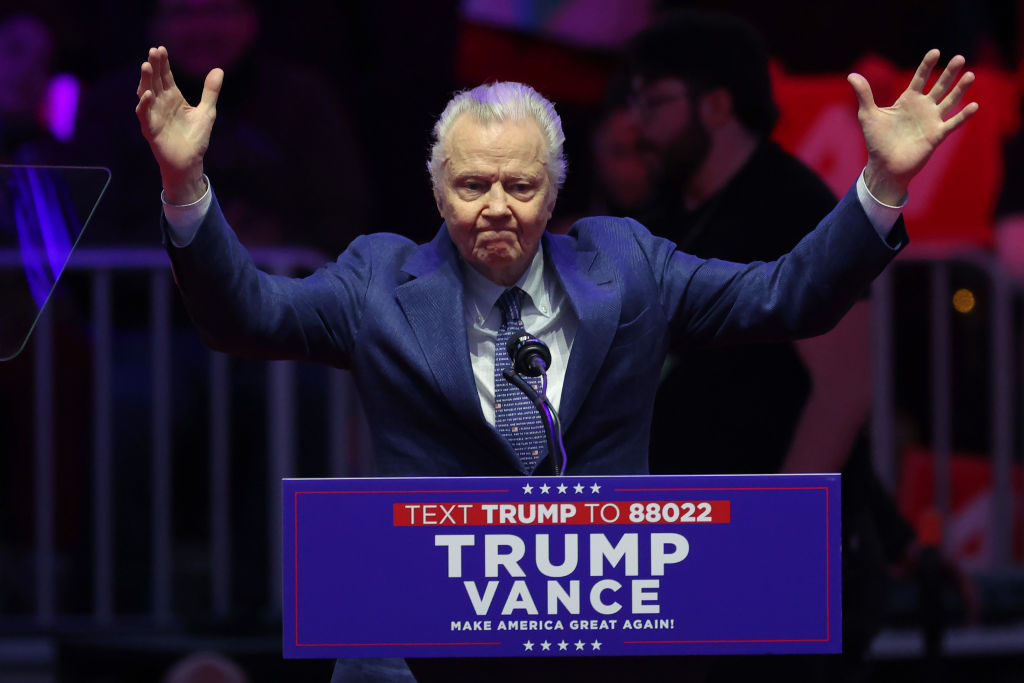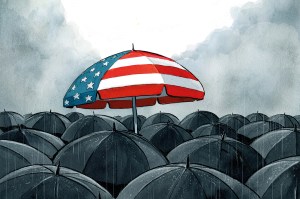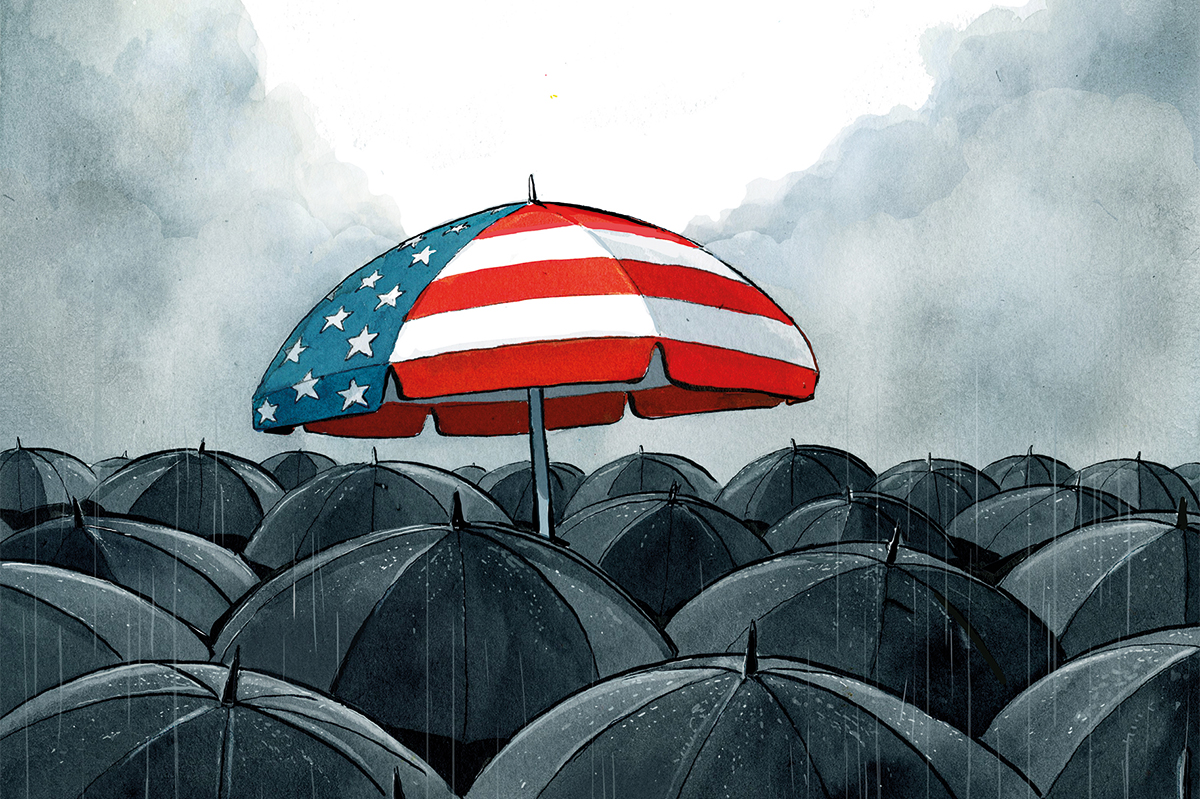Donald Trump is a cinephile, of sorts. Not since Ronald Reagan has there been a US President so visible in theater, with Trump making cameos in everything from Home Alone 2 to Zoolander. Yet just as Trump has been steadfast in his determination to Make America Great Again, so he has been equally keen to Make Hollywood Great Again, too. Initially, he appointed Sylvester Stallone, Mel Gibson and Jon Voight as “Special Ambassadors” to “a great but very troubled place.” Gibson and Stallone appear to have taken the honor on the chin, but Voight has been diligently organizing meetings and has now fed back his thoughts to the President. As a result, Trump has declared that he has his own, unorthodox plans to save the American motion-picture industry.
He wrote in a lengthy statement on Truth Social that “The Movie Industry in America is DYING a very fast death. Other Countries are offering all sorts of incentives to draw our filmmakers and studios away from the United States. Hollywood, and many other areas within the U.S.A., are being devastated. This is a concerted effort by other Nations and, therefore, a National Security threat.” But Trump will take his revenge. “I am authorizing the Department of Commerce, and the United States Trade Representative, to immediately begin the process of instituting a 100% Tariff on any and all Movies coming into our Country that are produced in Foreign Lands.” He concluded, in rabble-rousing fashion, “WE WANT MOVIES MADE IN AMERICA, AGAIN!”
The problem, as so often with Trump’s Truth Social postings, is that ideology and practicality have run up against one another. The reason why many big-budget and successful movies – from Minecraft to Star Wars – are filmed outside the United States is simply because foreign governments offer favorable tax breaks on US-financed productions, reasoning that the costs of offering these breaks is outweighed by the money put into the economy when the Hollywood circus comes to town. Of course, there are still blockbusters filmed in America (Sinners was a product of Louisiana), but countries such as Canada, New Zealand and, especially, the United Kingdom offer world-class production and post-production facilities that have meant that they have been the natural centers that filmmakers have gravitated towards for decades now.
This has left Los Angeles, a city traditionally dependent on the film industry, bereft of studio dollars, and although television production has partly filled the gaps, the absence of $250 million behemoths filmed locally is noted. That most all-American of summer blockbusters, James Gunn’s Superman, was produced and shot in Cleveland and Atlanta, but also in Norway, making its categorization tricky, and Thunderbolts*, a rare Marvel movie not to be filmed primarily in the United Kingdom, set up camp in Georgia.
These films would, at least, be spared Trump’s tariff demands. But if they are to be implemented, it spells potential chaos for the industry. Gavin Newsom has been quick to suggest that Trump has no authority to introduce such tariffs – it has been announced by his communications team that, “We believe [Trump] has no authority to impose tariffs under the International Economic Emergency Powers Act, since tariffs are not listed as a remedy under that law” – and it may be that this initiative founders before it begins. But if it does not, a severely beleaguered industry could be in existential trouble.
Unless Trump is prepared to match, or exceed, the generous tax breaks that other countries have been offering Hollywood studios – and it should be noted that Hollywood itself is nowhere near as appealing a place to shoot and produce movies as it once was, as its facilities lag behind other, more up-to-date centers of operation – movies will either be faced with unworkable and existentially ruinous extra charges, which cannot be passed onto audiences already skeptical about the costs of the theatrical experience, or will be faced with having to downscale their budgets significantly. We could yet be back to a new era of Menahem Globan and Yoram Globus, two penny-pinching shysters who made notoriously poor, low-budget movies in the Eighties, and expected audiences to lap them up. They did not then, and if any kind of external compromise is forced upon the industry now, it promises to cause filmmakers more trouble than could be imagined.


























Leave a Reply